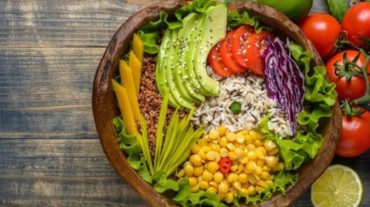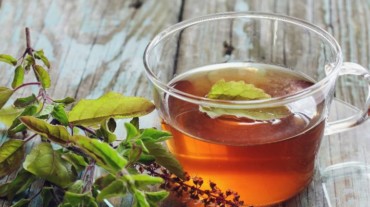
Losing weight is not an easy process! While it is well known that being overweight or obese increases the chance of developing persistent headaches, sometimes it can these can also develop as a result of weight loss plans. Yes, that’s true, ladies! You may be eating fewer calories than your body or needs or maybe you’re not hydrating yourself adequately. But you must avoid weight loss headaches. Let’s find out how!
Sometimes having a headache doesn’t cause any serious suffering and can be managed with the use of some natural cures. The issue arises, though, if it becomes an everyday occurrence! Additionally, those who are trying to lose weight frequently get headaches.
HealthShot s spoke to Dr Brahm Datt Pathak, Director general Surgery, Fortis Escorts Hospital, Faridabad, to find out how to relieve headache while dieting and losing weight. Before that, let’s read why it happens!
Headaches are a common condition that many people deal with on a daily basis. But those who are trying to reduce weight are more likely to go through it. Dr Pathak says, “Headaches can be a painful side-effect of your efforts to slim down. It can occur for a variety of reasons, including vitamin deficiencies due to dieting, calories deficit diet, skipping meals, stress, lack of hydration or even an irregular sleep pattern.” As a result, sticking to a healthy weight loss plan is crucial. No matter the cause, there are numerous ways to ease headache symptoms.

1. Exercise before dieting: Start dieting at least a week after you start exercising to let your body get adjusted with the routine
2. Do not skip breakfast: Well, first of all, skipping meals is not the right way to lose weight. This can result in lower metabolism, less energy in your body and headache due to the lack of calories in your body.
3. Limit alcohol: If you’re prone to headache and migraine attacks, you shouldn’t drink alcohol. Alcohol is known to either exacerbate or cause pain. So, limit the consumption.
Also, read: Headache due to gas? Try these 5 home remedies
4. Increase fibre food intake: According to a small 2014 study published in the Journal of Headache and Pain, participants had migraine symptoms relief from a low-fat, high-fiber diet consisting solely of plant foods.

5. Never compromise on protein: Although the benefits of protein in managing headaches have not yet been proven, a diet deficient in protein may make them worse. Therefore, be sure to get enough protein.
Select Topics of your interest and let us customize your feed.
PERSONALISE NOW6. Foods and drinks: Green leafy vegetables, nuts, fatty fish, fruits, and seeds are the most frequently consumed meals and beverages that can ease headaches. Foods high in salt, such as potato chips, processed foods, aged cheeses, smoked or dried salmon, cultured dairy products, and foods high in carbohydrates and sugar should be avoided.
7. Drink water: Drinking enough water is essential for greater overall health. Inadequate hydration leads to headaches and many other health issues. Fatigue, a feeling of unease, and a very dry mouth are other signs of dehydration.

8. Relax and relieve stress: Headaches are more likely to occur when you’re stressed. You should seek medical help if you’re dealing with severe headaches, along with fever and vision issues.
9. Stop over-restricting your caloric intake: You go into calorie deficit mode when you eat less calories. A research article published in PubMed Central claims that having a calorie deficit can help you lose weight. But it can also lead to a number of problems, such as headaches.
10. Avoid foods high in histamine: Histamine present in foods such as tuna, spinach, wine, cheese, fermented foods and eggplant. This compound is known to cause a vascular type headache.
11. Relax with yoga/meditation: Practicing yoga and meditation are known to relieve stress and calm the mind. Therefore, it can help manage headaches.
12. Chew on basil leaves: Chewing 7-8 basil leaves will ease a headache and relax your muscles because they have analgesic, calming effects.

Maintaining a healthy lifestyle is also essential for managing headaches. For relief, you shouldn’t just rely on prescription drugs. Address the stressors in your life as they are a common source of headaches. Eat a balanced, healthy diet, avoid skipping meals, drink plenty of water every day, get regular, sound sleep, and exercise frequently. These actions can be taken by everyone and will help to prevent headaches and/or lessen their discomfort.